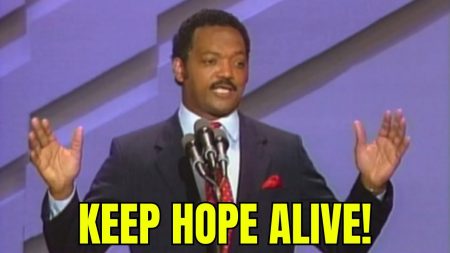Peace and the City, #2
 Moving on from older religions, especially extending from the shalom contribution of Judaism, for “Peace and the City #2” we turn to the evolution of western Christianity. The initial focus, then, is on developments from the early Christian period to the Middle Ages, and thus Roman Catholicism. Its main non-theological contribution to society was the value of inclusiveness, based on its sense of mission to the oikonomikos, the “whole inhabited world,” from which comes our English term “ecumenical.”
Moving on from older religions, especially extending from the shalom contribution of Judaism, for “Peace and the City #2” we turn to the evolution of western Christianity. The initial focus, then, is on developments from the early Christian period to the Middle Ages, and thus Roman Catholicism. Its main non-theological contribution to society was the value of inclusiveness, based on its sense of mission to the oikonomikos, the “whole inhabited world,” from which comes our English term “ecumenical.” At times the word “ecumenical” referred to the linking all branches of the church to its guiding and governing base in Rome, i.e., to the papal throne. Various “ecumenical councils” were held to guide the church. But, as indicated above, the term had a much broader, all-inclusive meaning of the “whole inhabited world.” It was this sense of the church serving in and for the whole world that yielded a broader sense of “ecumenical.” (Even so, in modern times we haven’t always honored that global sense of “ecumenicity,” using it, rather, to mean efforts by the various denominations to work and witness together throughout the whole world, as in the “ecumenical movement.”)
In contrast, the Protestant movement of churches that broke away from Rome stressed the “priesthood of all believers” and thus the centrality of proclaiming the Gospel. The secular impact was to elevate the freedom of the individual, contributing to the emergence of modern individualism.
It hardly needs explaining that these two countervailing values provided the opposite poles of orderly society in the modern era. We live not only in close proximity in the city but are also interdependent, as in providing education for all, extending health care to all, and ensuring the political independence of each citizen to choose leaders as well as develop one’s own social role and vocation.
Of course, these individual-centered values did not, and have not, relieved us from the necessity to approximate the all-inclusive oikonomikos in our modern modes of protecting and advancing the whole of our society _ especially in urban society. And, at the same time, we have laws, social ethics, morality, and freely chosen religious and political loyalties that help separate us from the whole in certain matters of life, so as to balance the obligatory as well as chosen modes of political and social association.
These two poles of inclusive political and religious ecumenicity, along with our personal freedoms regarding morality, socio-political community, and our interdependent means of producing, distributing, and consuming, together provide us with all that it takes to “keep on keepin’ on.” Thus, personal freedom and social cohesion are the forms and substance of “peace and the contemporary city.”
And if these things are true for us, we must strive to make them relevant for people everywhere. And – now this is a very large “and” – we must revise how our uses of power affect other peoples and their cities. Eliminating poverty comes to mind, as does promoting health care globally. But not least, we must (no ifs here) abandon forever the wholesale bombing of cities, i.e., civilian populations, in pursuit of our own political or military goals. Such an inhuman option must be stripped from military professionals, however patriotic they may be. This must be the basic principle for “peace and the city.”
In contrast, the Protestant movement of churches that broke away from Rome stressed the “priesthood of all believers” and thus the centrality of proclaiming the Gospel. The secular impact was to elevate the freedom of the individual, contributing to the emergence of modern individualism.
It hardly needs explaining that these two countervailing values provided the opposite poles of orderly society in the modern era. We live not only in close proximity in the city but are also interdependent, as in providing education for all, extending health care to all, and ensuring the political independence of each citizen to choose leaders as well as develop one’s own social role and vocation.
Of course, these individual-centered values did not, and have not, relieved us from the necessity to approximate the all-inclusive oikonomikos in our modern modes of protecting and advancing the whole of our society _ especially in urban society. And, at the same time, we have laws, social ethics, morality, and freely chosen religious and political loyalties that help separate us from the whole in certain matters of life, so as to balance the obligatory as well as chosen modes of political and social association.
These two poles of inclusive political and religious ecumenicity, along with our personal freedoms regarding morality, socio-political community, and our interdependent means of producing, distributing, and consuming, together provide us with all that it takes to “keep on keepin’ on.” Thus, personal freedom and social cohesion are the forms and substance of “peace and the contemporary city.”
And if these things are true for us, we must strive to make them relevant for people everywhere. And – now this is a very large “and” – we must revise how our uses of power affect other peoples and their cities. Eliminating poverty comes to mind, as does promoting health care globally. But not least, we must (no ifs here) abandon forever the wholesale bombing of cities, i.e., civilian populations, in pursuit of our own political or military goals. Such an inhuman option must be stripped from military professionals, however patriotic they may be. This must be the basic principle for “peace and the city.”







